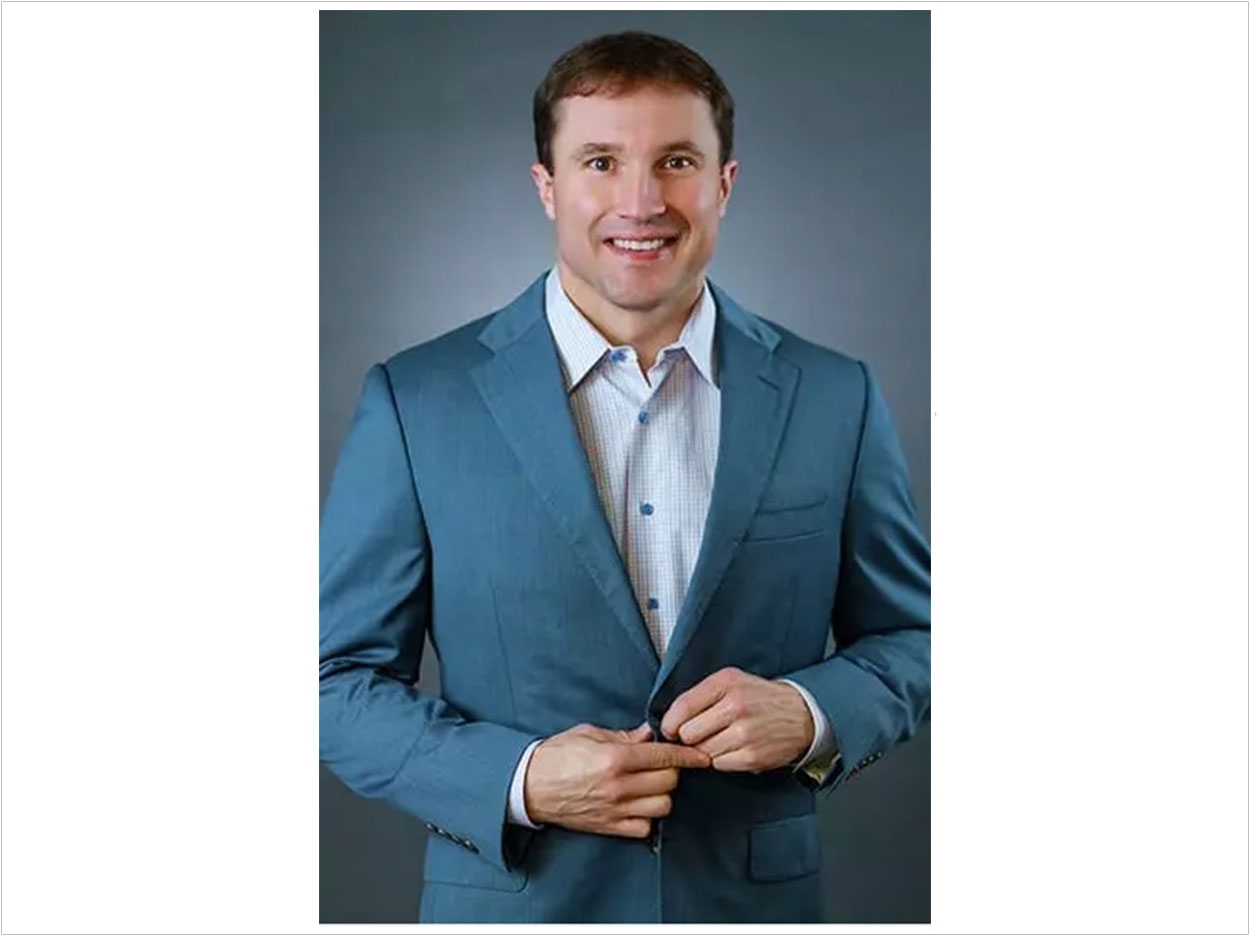Maxillofacial surgery focuses on the face, mouth, jaw, and neck areas. This area of surgery can cover a broad range of face-related procedures. Understanding the recovery process post-surgery is vital to ensure healing, minimize complications, and achieve the optimal surgical outcome. Here Dr Mark Austin will discuss the recovery path following maxillofacial surgery.
Pain Management
It’s normal to experience some pain, swelling, and discomfort during the first few days post-surgery. Your maxillofacial surgeon will prescribe pain medication that should be taken as advised. Lastly, using a cold compress on the face can also bring some relief and minimize swelling.
Diet
Post-maxillofacial surgery, sticking to a diet of soft foods and liquids is highly recommended. Eating meals at room temperature can prevent irritation to the surgical site. Hydration is key, but avoid drinking using a straw as it can create a suction that may dislodge a blood clot at the surgical site.
Oral Hygiene
Maintaining good oral hygiene can promote healing and prevent infection after your maxillofacial surgery. However, vigorous brushing around the surgery area should be avoided for the first few days. Your maxillofacial surgeon may advise you on special mouth rinses after a day or two of recovery.
Follow-Up Appointments
Important to the recovery process post-maxillofacial surgery are follow-up appointments. These allow the maxillofacial surgeon to monitor your healing, remove stitches if necessary, and address any potential concerns on time.
Physical Activity
Typically, the recommendation would be to rest for 1-2 weeks post-maxillofacial surgery. Gradually resume normal activities as your body allows, but you must avoid heavy lifting and strenuous exercises.
Emotional Support
After your maxillofacial surgery, you may feel discomfort or changes in facial sensations that could lead to stress or anxiety. Remember, healing goes hand in hand with patience, and a support network around you can provide emotional strength during recovery.
Medical Guidance Is Key
Finally, remember that the recovery time may vary based on the complexity of the procedure and your overall health. So always follow your healthcare professional’s Dr Mark Austin advice and attend regular follow-up appointments to ensure a steady recovery from your maxillofacial surgery.
